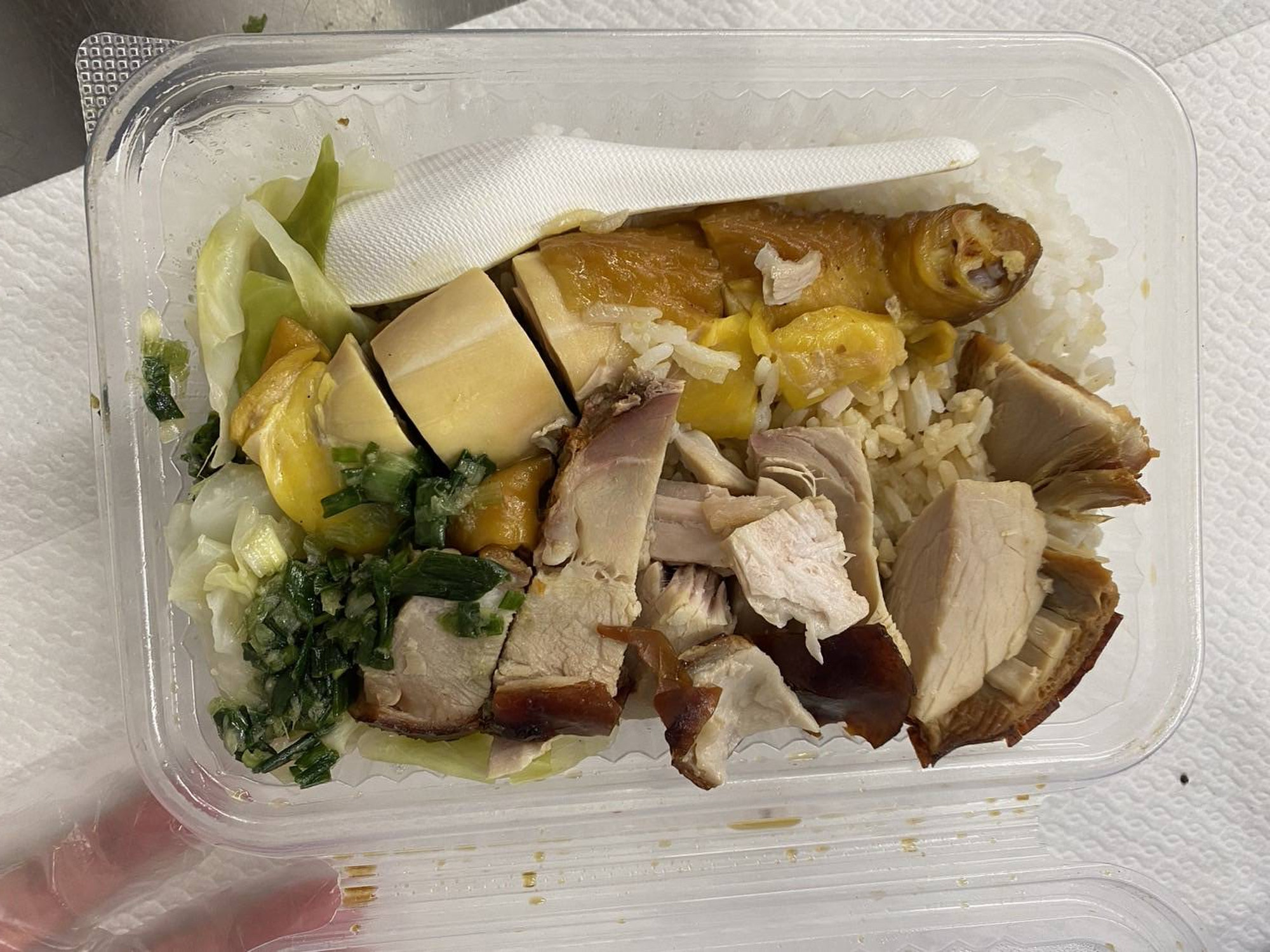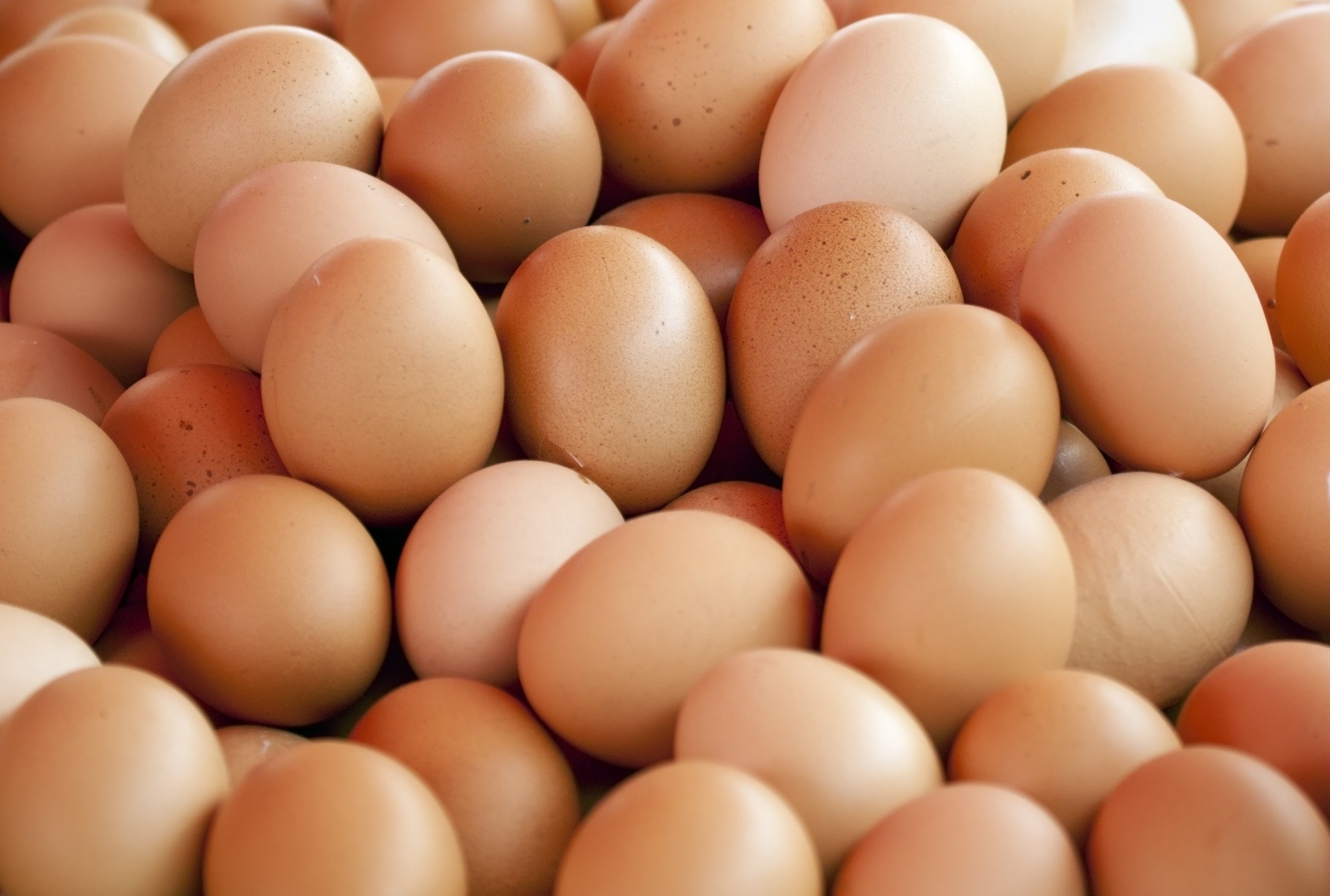Explainer | To bring or not to bring meat? That is the question for Hong Kong travellers after HK$48,430 fine for Indonesian passenger in Taiwan
The deportation of an Indonesian passenger travelling from Hong Kong to Taiwan after being unable to pay a NT$200,000 (HK$48,430) fine for bringing in a lunchbox with Cantonese-style roast pork has drawn attention to food arrangements in other jurisdictions.
The traveller arrived in Taipei on April 30 but the news surfaced on Sunday. He was deemed to have breached Taiwan’s import regulations and was told to settle the fine before entering the island again.
The Post lists regulations for meat and related food at some of the most popular travel destinations for Hongkongers.
Taiwan
Meat products cannot be brought into Taiwan without declaration and quarantine to prevent diseases on the island.
Taiwan’s customs also advises travellers not to bring instant noodles if they are unsure whether they contain meat.
Visitors bringing meat products into Taiwan illegally can be fined between NT$10,000 and NT$1 million, while those with pork goods from areas with African swine fever will be fined NT$200,000 for the first time and NT$1 million for subsequent violations.

Japan
The import of meat and plants, as well as derivative products, is banned in Japan to prevent infectious diseases and pests.
Those who illegally bring such items are subject to a fine of up to 3 million yen (HK$149,000) and up to 50 million yen for corporations, or imprisonment of up to three years.
Singapore
Travellers to Singapore are allowed to bring up to 5kg of beef, mutton, pork and poultry from designated countries, such as Australia and France, without a permit for personal use.
Each traveller is allowed to bring a maximum of 5kg of seafood, except frozen cooked crabmeat or prawn meat, as well as live or frozen oysters.
Similar rules are also in place for bringing chicken eggs into the city state, with up to 30 allowed per person from designated countries, including Thailand and the United States.
Chewing gum and Hong Kong’s signature roast meats remain banned.

Australia
Jerky and biltong made with pork are not allowed in Australia as they are considered to pose a high biosecurity risk, but are permitted if they are not pork-based or commercially prepared in sealed packaging, among other conditions.
Uncanned meat products, including vacuum-sealed items, are not allowed into Australia unless brought in under an import permit.
Fresh fruits such as apples, mandarins, oranges, persimmons, lychees and longans, as well as whole eggs, duck eggs and egg products, are not allowed unless a traveller has obtained a permit before arriving in the country.
Home-made food, meals, cakes or anything a visitor made by themselves, are generally not permitted.
Raw rice and vegetables are not allowed.
The country also bans any food and drinks provided on planes and ships.
United Kingdom
For the UK, rules on bringing meat depend on the country the products are from.
Meat and pork products of no more than 2kg can be brought into the country for personal consumption if they are from the European Union, Switzerland, Norway, Iceland, Liechtenstein, the Faroe Islands and Greenland.
Meat, milk and related products, except powdered infant milk, infant food or special food, including pet food, needed for medical reasons are not allowed from countries other than the ones listed above.
Hong Kong
Hong Kong residents or visitors are not allowed to bring in any game, meat, poultry or eggs into the city without a health certificate issued by the place of origin or without prior consent from the city’s Food and Environmental Hygiene Department.
Anyone caught with such prohibited items can face a fine of up to HK$50,000 (US$6,402) or six months in prison.

